Inside Puyi Optical’s Success in China
- Oops!Something went wrong.Please try again later.
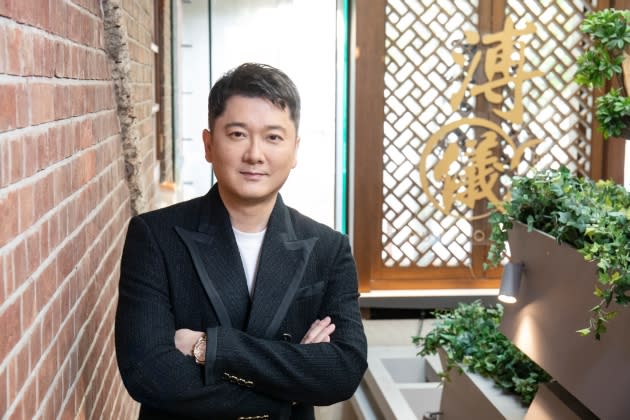
Puyi Optical is no stranger to China’s affluent and increasingly sophisticated eyewear shoppers.
With 91 stores across 24 cities in the Greater China region, with many sitting next to top-tier luxury brands at upscale malls, Puyi Optical has also become an important ally to brands that are serious about their eyewear business in the world’s biggest luxury market.
More from WWD
Jeffery Yau, founder and chief executive officer of Puyi Optical, whose family is in the jewelry business, said it took those in the luxury market some time to accept the idea that eyewear is also a luxury category.
Now he is often getting requests from mall developers to expand his eyewear chain to new luxury retail projects popping up across China.
Yau first saw a demand in the market that wasn’t filled two decade ago. At the time he was already the owner of the upscale timepiece and jewelry retailer Europe Watch Company.
“I have been wearing glasses since I was a child. I have always loved eyewear, and I am always interested in the business.
“But I saw at the time that eyewear retailers in Hong Kong and mainland China were not doing very well when compared with timepiece and jewelry retailers, who had beautiful stores and great service. There were a lot of eyewear stores, but mostly catered to the mass market,” he said.
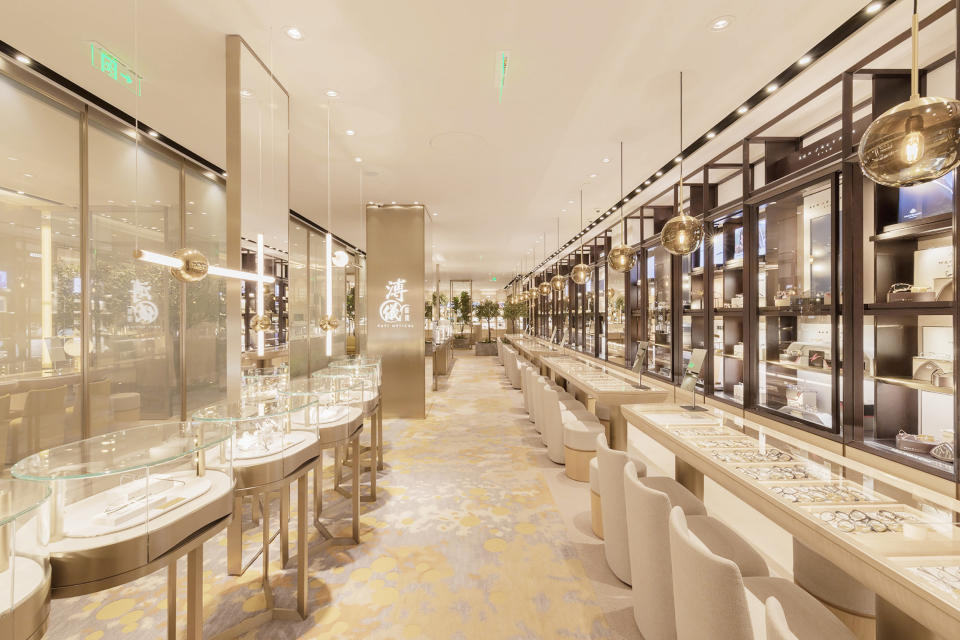
Yau is an eyewear collector himself. He personally likes eyewear pieces “made with heart.”
“I always say eyewear is a very simple product, but to make a simple product great, that’s very hard. If you look into it, you can see there would be many production procedures,” he added.
He is also particularly fond of traditional Chinese culture, which is why he named the retailer after the country’s last emperor, a well-respected figure in modern Chinese history who was often seen wearing a pair of round-shaped spectacles.
Yau noticed that many eyewear brands were absent in Hong Kong, and he saw great potential to bring these brands into the market.
He opened the first Puyi Optical store in 2001 in the bustling tourist area of Tsim Sha Tsui.
“The market had lots of competition at the time. We didn’t want to do discounting, we wanted to use great products and services to attract customers,” Yau said. “Some would say the frames in Puyi are very pricey, but that’s because we are selling top-quality products only.”
A major milestone for Puyi Optical’s premiumization happened in 2009 when it opened its flagship at 1881 Heritage, a Neoclassical retail building that used to be the Marine Police Headquarters.
The expansive store with luxurious decor helped Puyi’s partners see the eyewear sector differently, and made Yau a go-to person for brands looking to enter the Chinese market.
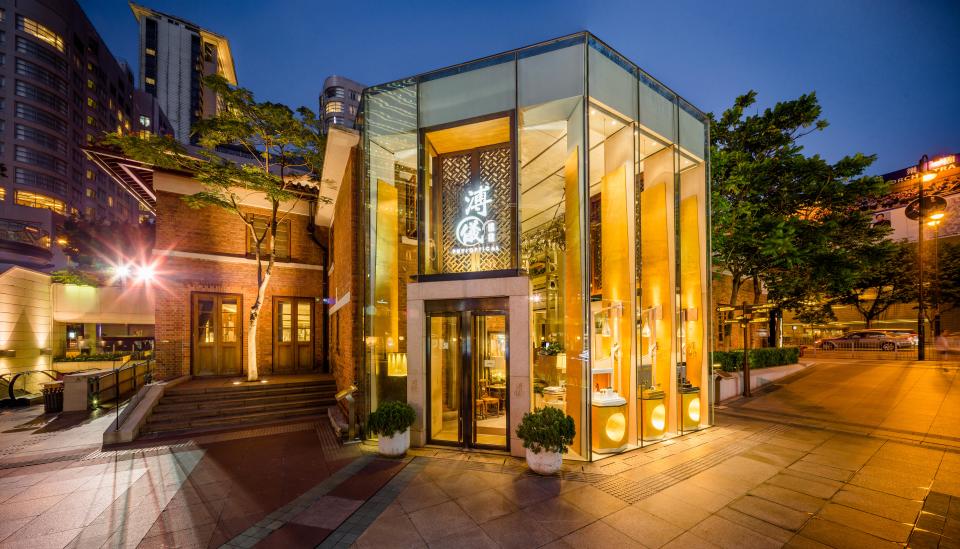
“More brands wanted to collaborate, not only to carry them but to do deeper collaboration as well,” he said.
Puyi’s retail partners in the market now include Linda Farrow, Gentle Monster, and Kering, and it carries brands including Ken Okuyama Eyes, Chrome Hearts, Lotos, Masunaga, Maybach, Off-White, and Giorgio Armani.
It has also opened stand-alone stores for Linda Farrow, Gentle Monster, Lotos, and Zeiss, as well as a slew of eyewear concept stores under the Puyi umbrella, to better cater to various niche demands. The concept Glasstique, for example, is more fashion-forward, while Reflections and Point De Vue are dedicated to the female and male clientele, respectively.
Yau recalled that in the early days most luxury companies had no idea what it means to be a luxury eyewear brand.
“I think my biggest contribution has been helping these luxury brands to change their perspective on eyewear,” he noted.
“They might be selling expensive bags and clothes, but the quality of the eyewear offering might not be as good. So we share consumer feedback and market intelligence with them. You can see from the past decade that brands are pushing better products that cater to this specific market, especially in the luxury sector,” he said.
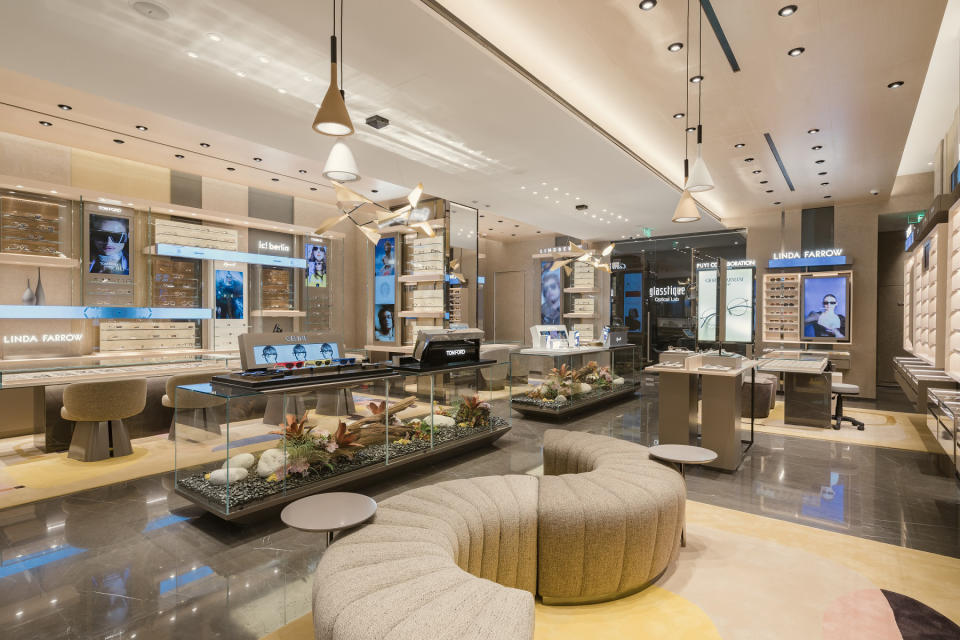
Yau observed that only offering Asian fit for the Chinese market is no longer enough to stay competitive.
“A few years after I opened Puyi, I told many brands that I wanted to carry you but my customers can’t wear them. Not only the facial structures between Asians and Westerners are different. Even within China, people from the North generally have bigger heads, while people from the South have narrower heads,” he said.
“One Asian fit size cannot fulfill the whole Asian market,” Yau emphasized. “The market is changing. Today, if a brand wants to be successful in China, it really needs to have a deep understanding of what the customer is looking for. A key indicator is trends, which are changing every season.
“It’s an ongoing exercise for them to understand what’s in fashion, and Puyi has become a partner to provide that market intelligence. Based on our feedback, they specifically make some styles for the market,” he added.
For example, Puyi launched a series of collaborations with brands such as Gucci, Chrome Hearts, Gentle Monster, and Linda Farrow for its 20th anniversary last year, which featured co-developed styles hand-picked by Yau and the team.
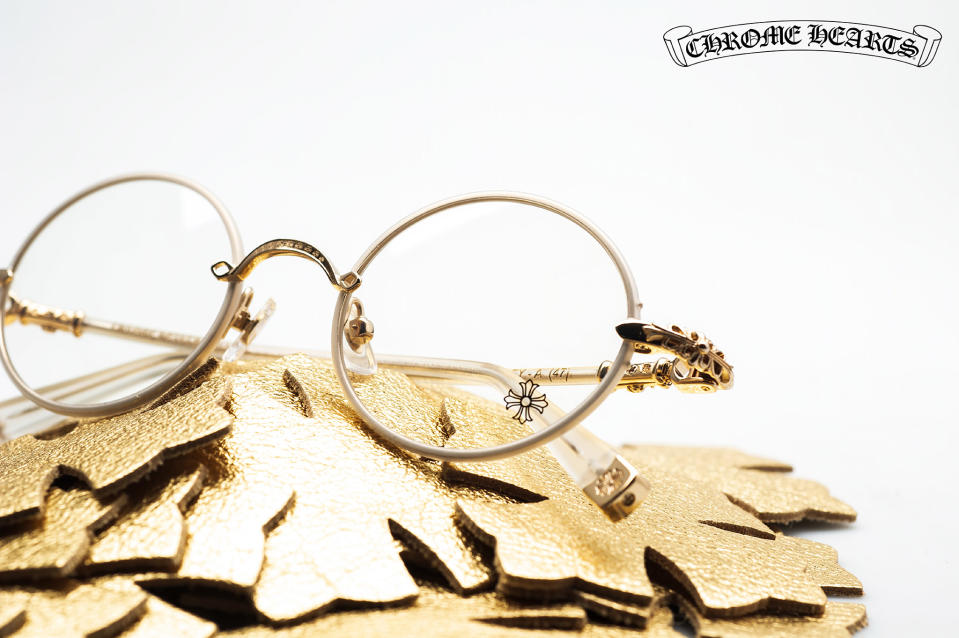
Comfort has also become a key factor in making purchase decisions.
“It doesn’t matter how big or how famous your brand is, you need to offer great style with great fit to woo the local customers. For example, acetate frame is not selling well, people prefer lighter materials like titanium. Even acetate is becoming a trend again, the size is not as big, and is lighter and thinner.
“Finding the right frame for the customer is our mission. At product buying and development, we spend lots of energy to make sure the products can attract customers,” he said.
During the pandemic, Yau said the sunglasses business was down but the frame business, which includes prescriptions, has been rising.
“Myopia is a severe problem. Maybe because there are more tech devices, the ratio is much higher in Asia. But with the advancement in technology, from eye examination machines to many functions glasses can carry, high-tech products, like our products in collaboration with Zeiss, have been very popular,” he said.
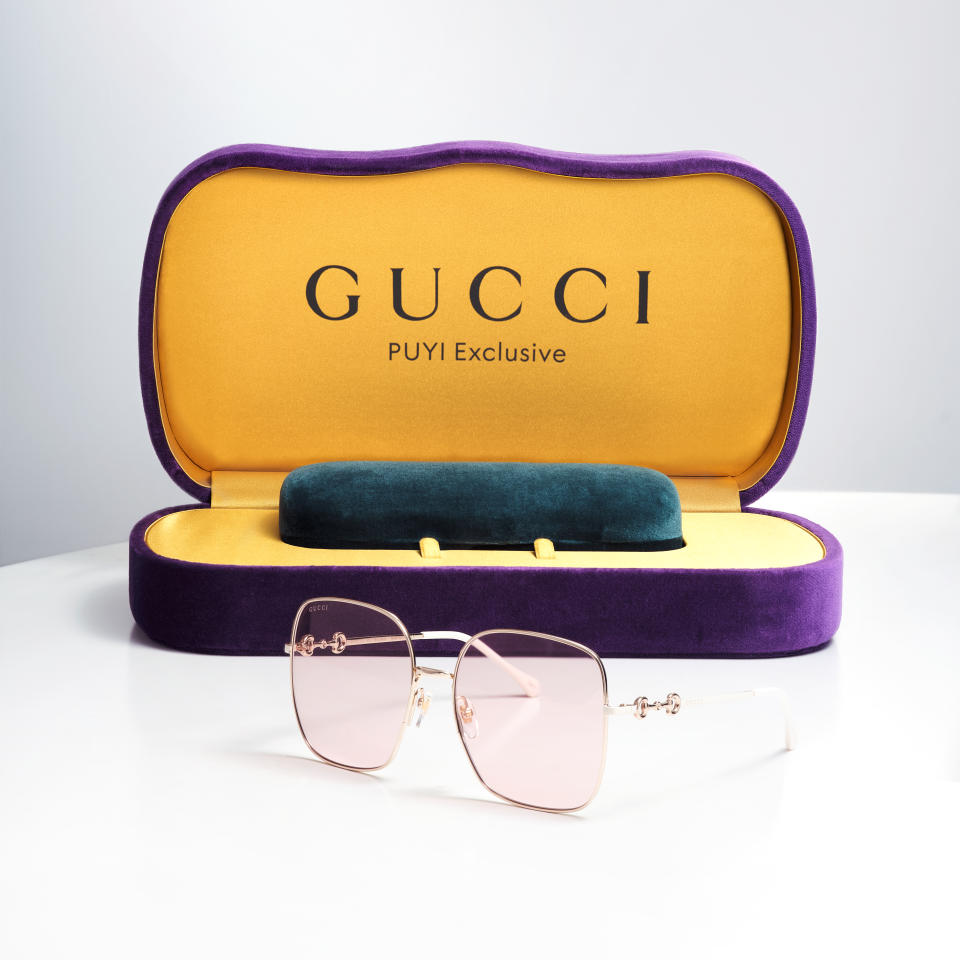
Strong customer relationship management has also helped Puyi stay resilient during the pandemic. The retailer invested heavily in digital channels to communicate with existing customers to come back more often.
But physical retail experience remains crucial in Puyi Optical’s expansion strategy, as Yau believes that the wearing experience is important for the luxury eyewear business. That’s why despite opening a Tmall store last year, Puyi Optical’s focus remains on opening bigger stores to create better retail experiences.
“When you are at a luxury environment, every aspect needs to be good, the decoration, visual merchandising, etc. Also the eye exam room, I always make it as comfortable as a spa,” he said.
Yau said he would like to expand Puyi globally, but getting all the right talents in new markets remains a time-consuming barrier, as he requires all employees to go through a training school with dedicated curricula on customer service, management and eye care, to guarantee that all Puyi stores can offer the same level of service.
“We want the experience to be at the same level as our neighbors in the malls,” Yau said, adding that Puyi plans to open six to eight more shops in Greater China in the coming months.

